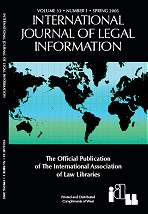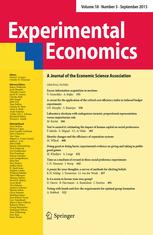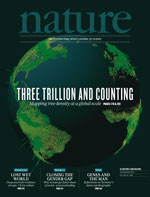![]() A 2012 paper that analyzed injuries to aquatic mammals in China has been retracted “due to the usage of restricted data from the Ministry of Agriculture of China.”
A 2012 paper that analyzed injuries to aquatic mammals in China has been retracted “due to the usage of restricted data from the Ministry of Agriculture of China.”
The authors — from Shandong University in China, The University of Hong Kong and the Peruvian Centre for Cetacean Research — “organized the collection of official documents related to strandings, bycatches and injuries of aquatic mammals in the waters of mainland China from provincial fishery administrations for the years 2000 to 2006,” according to the abstract. However, they may not have been supposed to do that.
Here’s the retraction notice from Integrative Zoology (which is paywalled, tsk, tsk):
Continue reading Marine mammal injury study retracted for using restricted gov’t data

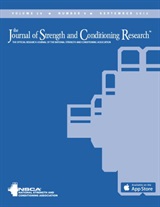

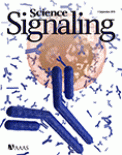 A paper containing data fudged by former University of California San Francisco grad student Peter Littlefield has been corrected. We knew that this was coming — last month,
A paper containing data fudged by former University of California San Francisco grad student Peter Littlefield has been corrected. We knew that this was coming — last month, 